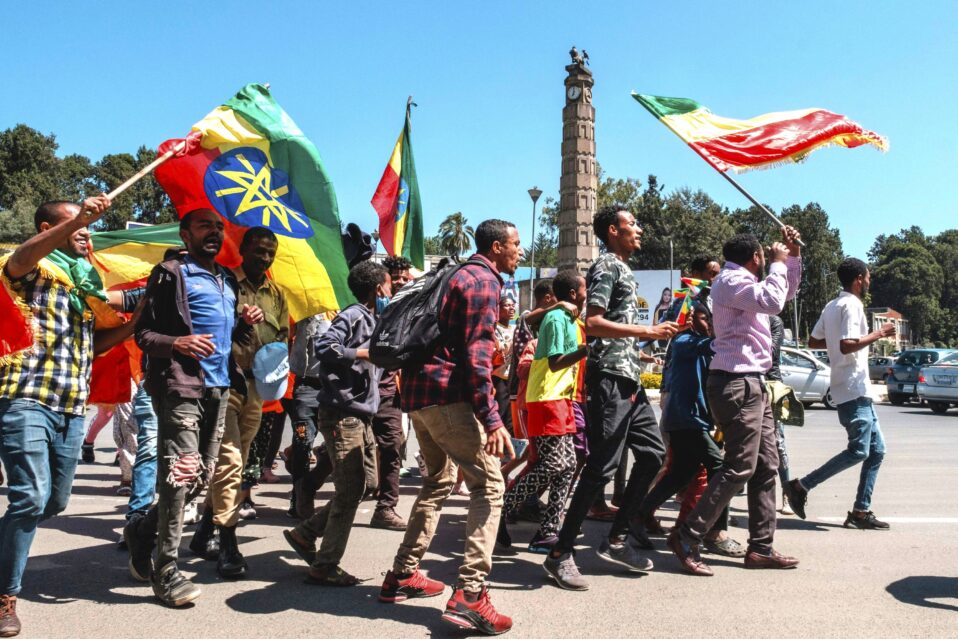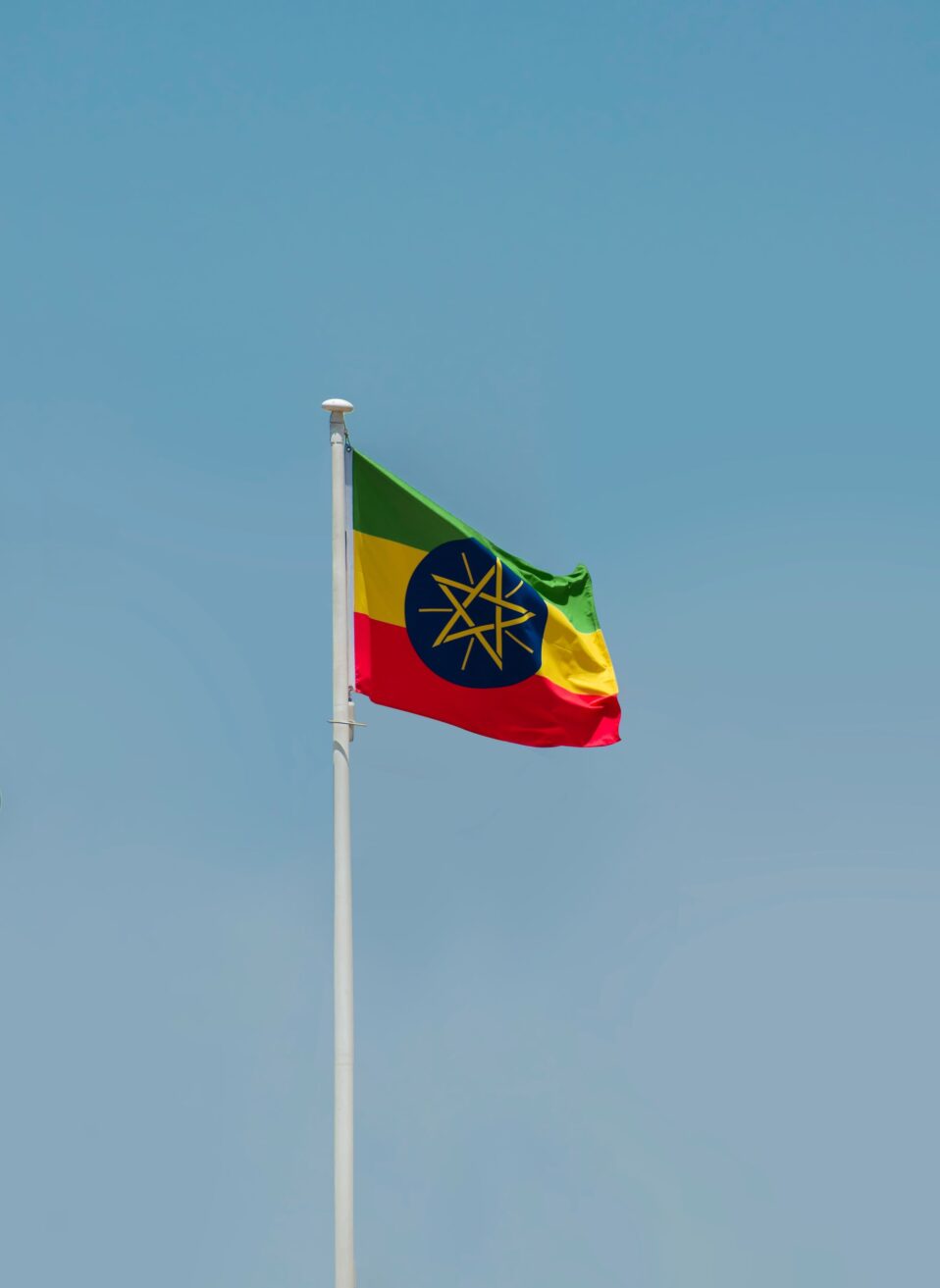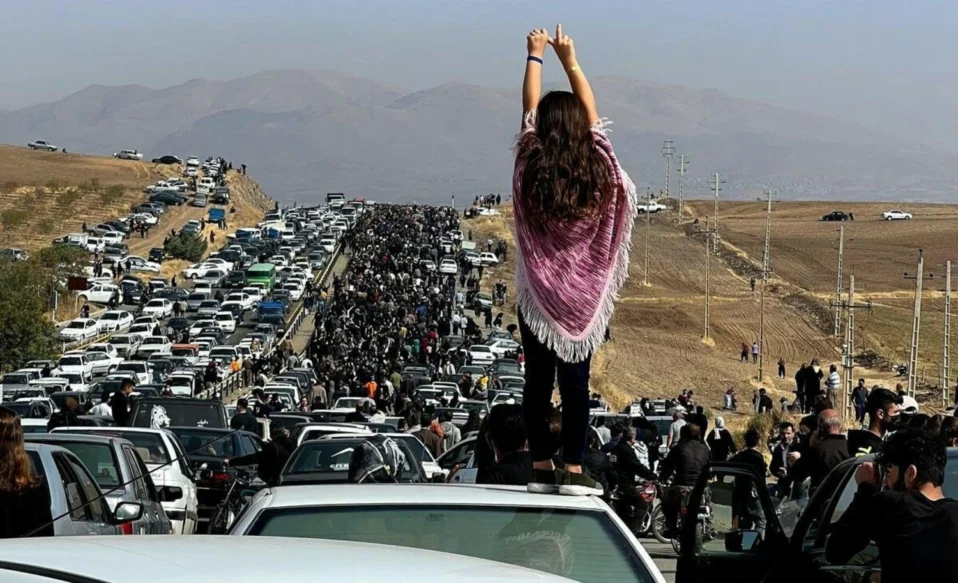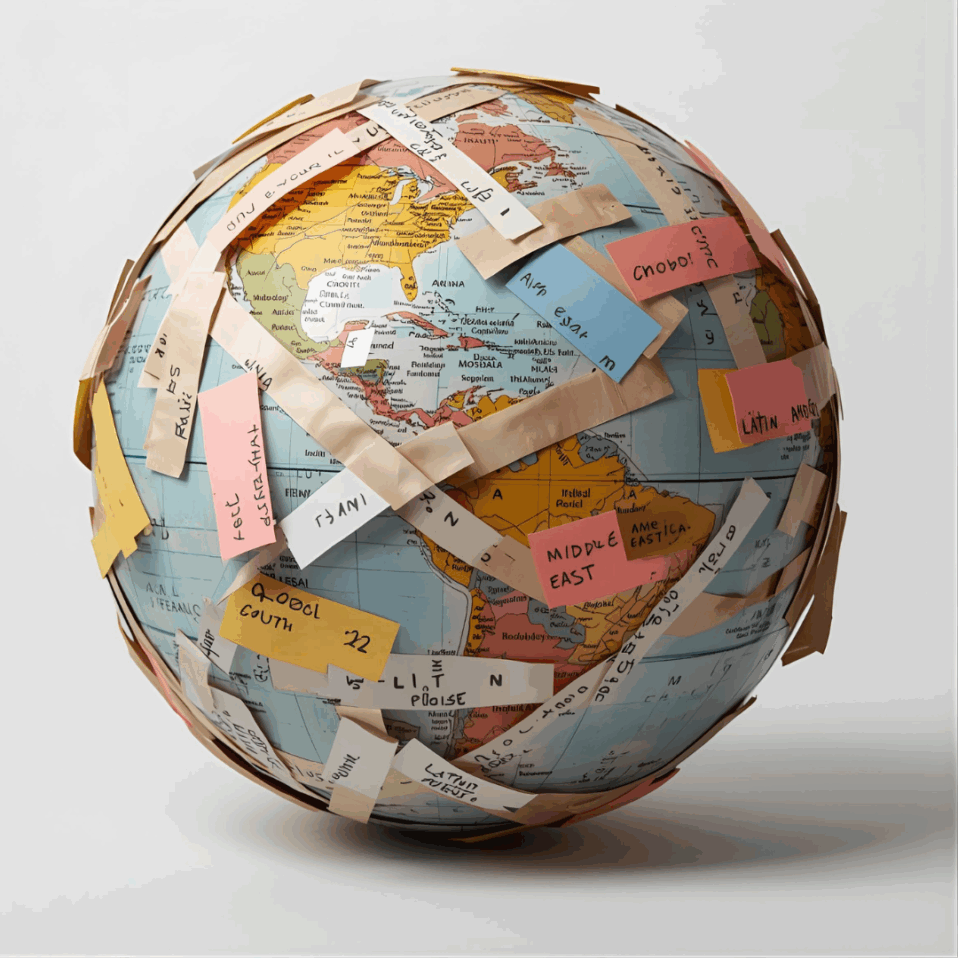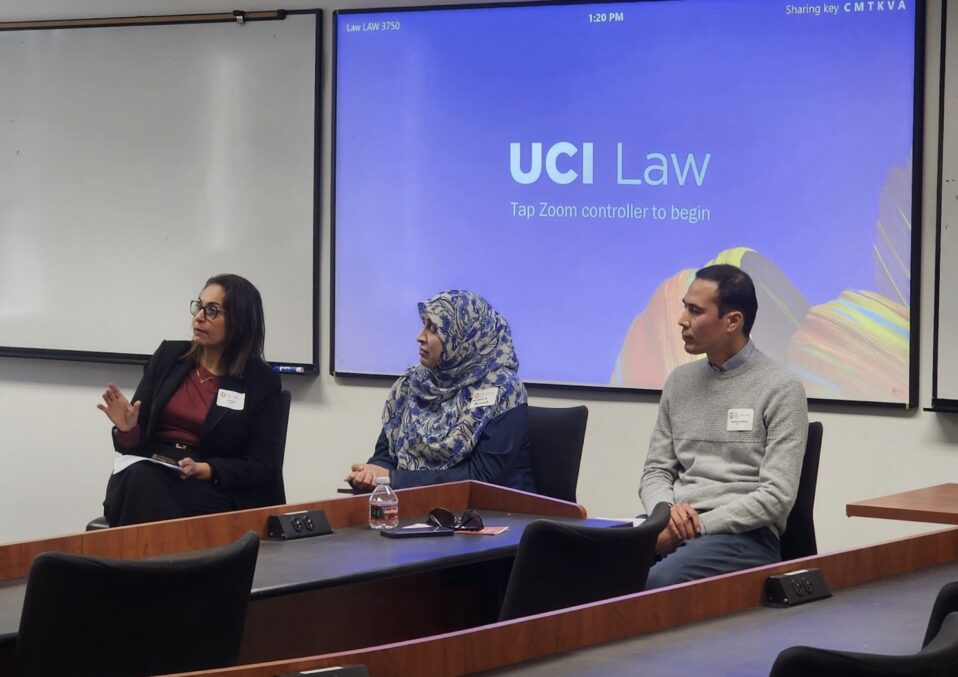Civil War. A word that has plagued human history, and Ethiopia is no exception. The Tigray War has shown that it is easier to divide a group of people than to bring them together and create a sense of community. Violence and political strife are the last steps that a population takes when they feel their voices are not being heard and are desperately trying to find a solution for their misery. The conflict in Ethiopia is a result of deeply rooted historical issues that the nation has repeatedly failed to remedy. Political strife, ethnic tension, and a lack of national identity dominate political, economic, and social life throughout Ethiopia. Instead of seeing the issue as a means to an end, the population has chosen to firmly establish the ‘us vs. them’ dichotomy, making it almost impossible to change the reality of the nation. The inability of the nation to fix their ills poses a threat to the people within the country, the horn of Africa, and the United States.
The internal health of the nation will determine the direction that Northern Africa will take for the rest of the 21st century. As the second largest population in Africa, Ethiopia plays an influential role; how the federal government conducts itself at home and abroad will set the stage for other African nations to follow. If Prime Minister Abiy Ahmed cannot manage to unite his own people and persuade people of different backgrounds to cooperate, how will he be able to conduct himself on the international stage? The Prime Minister inherited a problem that has been festering for decades but he has failed to utilize his political power to ignite change. Words of division, discriminatory police raids, and violence have deepened an invisible wound. However, change is possible and the people of Ethiopia have begun to take the necessary steps to secure a new future for the nation.
The complex history of the nation creates barriers that impact all sectors of life and impedes unification. Religious and ethnic intolerance is a brewing ground for economic and social inequities. The community that has the upper hand will depend on who is currently in power. Right now, Prime Minister Abiy and the Oromo people dictate what laws are implemented and how resources are distributed throughout the land. The current regime does not give room for different schools of thought and creates tension when someone speaks up about inhumane and unjust practices. However, there are people and organizations that have been putting in active effort to change the status quo and bring Ethiopia into a period of growth and peace.
Certain stakeholders have the ability to work a divided population and instill words of hope where hate and separation have been commonplace in a society. Voices matter in a Civil War. Sometimes all it takes is a couple of organized key players to start enacting change. An experienced stakeholder or organization can help broken communities see that they have more in common with their neighbors than history has led them to believe in the past. They can help break down the invisible barriers that have caused violence and hatred for decades. With key players, religious and political strife can be reduced and the seeds of a potential national identity can be planted.
Furthermore, certain voices create an echo chamber and help spread information and conversations that are instrumental in a peace process. The various cultural and religious individuals have allowed for a diverse pool of ideas that, if utilized appropriately, can be the missing key to help the nation secure political, social, and economic stability. Economists like President Solomon from the Ethiopian Geothermal Association and Dr. Won Kidane are experts in their field. They can help the nation become an economic powerhouse with the proper support. In the ethnic sector, the Ethiopian Community Mutual Assistance Association is an example of an organization that has facilitated dialogue and peacebuilding among different ethnic groups. Through grassroots initiatives, community engagement, and cultural exchange programs, the organizers have been able to make small steps toward peace. Lastly, social media influencers can grab the attention of a younger audience that may be dispersed throughout the world. Influencers like Jawar Mohammed have used their platforms to amplify the voices of marginalized communities, especially of the Oromo people. Mohammed’s charismatic demeanor enabled him to unify communities and start necessary discussions to generate a sense of togetherness. On the other hand, Samarawit Silva is a political activist that resides in the U.S. and actively protests the streets to show the dire humanitarian crisis that has destroyed her family and community. Through public protests, public demonstrations, and community organization, she can bring together the diaspora community throughout the U.S. to show Congress that effective action is needed in Ethiopia and that the U.S. needs to help people whose rights are being deprived. Each voice, even if small and insignificant, plays a role in minimizing the load of a conflict-ridden environment.
Change is a series of trial and error, and Ethiopia is beginning a long road where each sector of politics and life must be checked and altered. The end goal for Ethiopia should be establishing democracy and democratic systems where people and political parties will eventually learn to work together cohesively. However, specific steps need to be achieved before peace, stability, and prosperity can be entrenched in the nation. To remedy the three ills (political strife, ethnic tension, and lack of national identity) that have dominated the country for decades, the Ethiopian government must implement the above suggestions and commit to ending violence and oppression. The government has to learn to use the resources available to them and the voices that have played a part in the peace process, such as Dr. Won Kidane, to create hope and change the makeup of the land. The people of Ethiopia are feeling depleted and uninspired. A campaign that fosters interfaith dialogue and builds a sense of community to create a spark of optimism will help the state turn a leaf. Peace is possible, and the people of Ethiopia deserve to live a life where they are not judged for their culture or religious belief. Reinventing a nation is not an easy process, but the tiring work is necessary to correct the errors in human behavior that have allowed transgressions to occur. Currently, Ethiopia is playing a dangerous game of Jenga, and whether the tower can withstand the test of time will depend solely on the people’s will to pave a new path of peace.
Ana Beatriz Loureiro De Alencar is a M.S. candidate in Northeastern University’s Global Studies & International Relations program.

